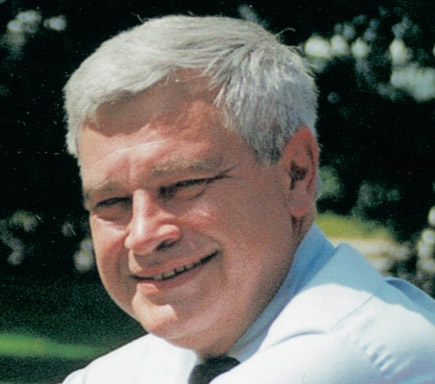
[caption id="ReclaimingOurHeritage_img1" align="aligncenter" width="435"]

OVER THE LAST FEW ISSUES, you may have noticed the editorial emphasis. So much of our American culture and so many of our institutions derive from our British roots and a shared Anglo-American bond of language and worldview. An understanding of our old-world British identity used to be a part of America’s shared common knowledge. Our grandparents studied British history; our parents studied British literature; but our children get only a disconnected smattering of either in a very different educational zeitgeist.
…reminding us of our ties to a bigger and older world.
As a society, we are poorer (and possibly less civilized) for our vague suspicion that the world began in 1776. Like the proverbial light not to be hid under a bushel, British Heritage helps brighten the darkness, reminding us of our ties to a bigger and older world. Our continuing series on the Great Migrations, for example, illuminates how many threads of our American identity came together. This issue, Allyson Patton tells the tale of how the American virtue of tolerance arrived at these shores with the Quaker migration of the 1680s.
While few mainstream Protestant churches use the King James Bible these days, it is still such a part of our heritage that it is the Christmas story we most recognize. Bruce Heydt recounts how the Authorized Version of the English Bible came to be. We reprint Luke’s Advent account here as well—for those who might not have a KJV on hand. It is worth sharing with our children and our children’s children.
The import of the King James Bible on our language is a theme echoed “On the Bookshelf” this issue as well. After all, nothing reflects what we are and the way we look at the world like our language, eh what? While words themselves may be important and the differences in British and American vocabulary a source of confusion and amusement, it is the structure of language as a reflection of thought that is the common bond within the English-speaking world.
And, where better is the impact of this common language seen than on the stage? From Shakespeare to Andrew Lloyd Webber, the work of dramatists that shape our language and reflect our lives flows from the London theater to cities and towns from Schenectady to Sante Fe. Barbara Cooper takes us on a rollicking ride into the history of some of the West End’s most historic theaters.
Finally, this holiday season we pause to join the King’s College Choir on Christmas Eve. Perhaps in this uncertain year of conflict, terror and natural disaster especially, it is good to be reminded of the transcendent—that the babe so long ago in Royal David’s City came to bring us peace.
[caption id="ReclaimingOurHeritage_img2" align="aligncenter" width="137"]





Comments